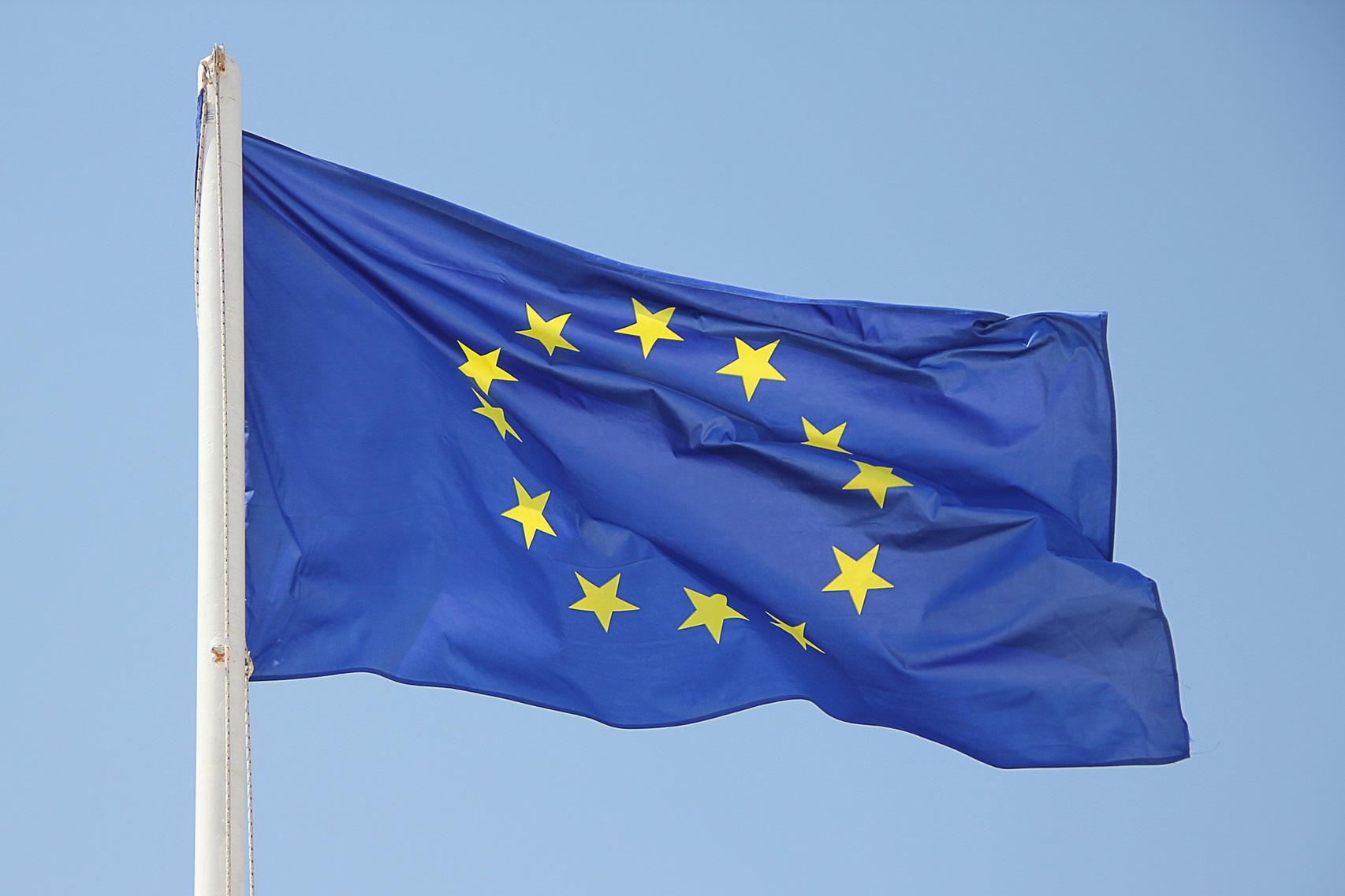In a bid to promote and encourage blockchain technology usage, a group of 7 European Union countries have formed what they are calling the “Mediterranean Seven.”
The 7 countries, led by France and Malta, also include Spain, Portugal, Cyprus, Italy and Greece. The mission of the group in the coming months is to improve education and spur usage of blockchain technology in the areas of healthcare, transport, land and company registry, education, shipping, and more.
According to a report by the Financial Times:
This can result not only in the enhancement of e-government services but also increased transparency and reduced administrative burdens, better customs collection and better access to public information.
How Will This Impact Cryptocurrency?
Malta, a leader of the Mediterranean Seven initiative, has been very forward-thinking regarding blockchain technology and cryptocurrency regulations. That is one reason it is home to Binance, the world’s largest cryptocurrency exchange.
Over the past year, Malta has seen an increasing number of cryptocurrency-related companies migrate to its shores, seeking the practical and flexible regulatory framework promoted on Malta.
Because Malta has taken a leadership role in the initiative, it could have a positive impact in the broader European Union. Other countries will see any efforts by Malta as containing the implicit approval of the other 6 member countries of the Mediterranean Seven, and this could aid the acceptance and growth of the cryptocurrency industry.
It is interesting that the announcement of the formation of the Mediterranean Seven follows the regulatory call of the G20 to regulate and monitor cryptocurrencies and their markets as a separate asset class.
Known as “Blockchain Island,” Malta’s moniker has come primarily from the work of Silvio Schembri, the Innovation Minister of Malta.
Regarding the nickname, Schembri said:
Malta is the first world legislator to offer a regulatory environment for all blockchain technology. We are not only interested in cryptocurrencies.
Blockchain technology is finding many use cases, but public blockchain networks fail if users have no incentive to use them.
This incentive comes in the form of cryptocurrencies. This has inextricably intertwined the two, and blockchain networks, if they are to remain decentralized and open, require a native asset to incentivize users.
It makes sense to think native digital assets will emerge naturally as a result of blockchain technology being integrated into the EU economy. If this is true, the EU nations will want to have practical regulatory frameworks for the new asset class.
France, the second leader of the Mediterranean Seven, has already passed regulations regarding initial coin offerings (ICOs), hoping to become a hub for ICOs in Europe. According to Bruno Le Maire, the French Finance Minister, France hopes the new regulations for ICOs will help attract new investors from across the globe to France.
Europe’s Crypto Struggles
Despite an open attitude regarding blockchain technology and the use of cryptocurrencies, and the efforts of EU nations such as Malta, France and the UK, Europe has had struggles in gaining a strong foothold in blockchain and cryptocurrency.
Instead, Japan, South Korea, and the US see most of the trading volume in cryptocurrencies. And most blockchain-related businesses are in Asia, primarily Singapore and Japan.
Except for Malta, the blockchain industry has little representation in the European Union. Blockchain and cryptocurrency exchange representation remains weak in Europe when compared with the US and particularly Asia.
The formation of the Mediterranean Seven could help change this imbalance by creating regulations which are friendly for blockchain start-ups.
This could draw the new technology to Europe and spark growth for the blockchain and cryptocurrency industry.

